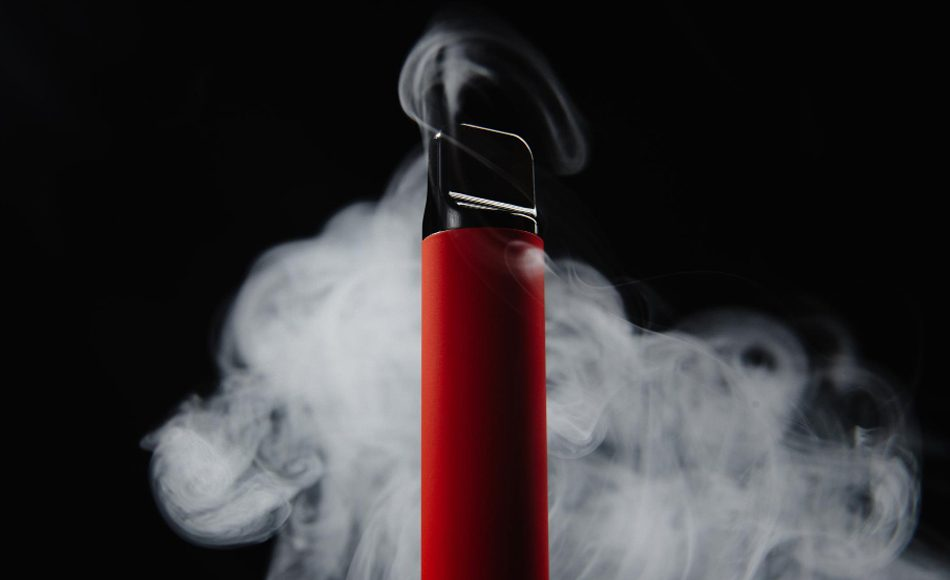
Tobacco harm reduction (THR) experts are deply concerned that this ban could drive current vapers back to smoking or into illegal markets, reversing years of progress in the area of smoking cessation.
Earlier this year, the new UK Government had announced plans to re-introduce the previously shelved Tobacco and Vapes Bill, which among other measures included a generational smoking ban and a ban on disposable vapes. In response to the announcement, tobacco harm reduction experts had highlighted that by making vaping less accessible, the government risks undoing a lot of the success it had acheived until now to reduce smoking rates, by discouraging adult smokers from switching to vaping.
Sadly, these arguments have fallen on deaf ears and on the 24th of October came the official announcement about a ban on single-use vapes, set to take effect on June 1, 2025, across England, Scotland, and Wales. This policy aims to address multiple issues tied to disposable vapes, which are popular among UK youth, with a quarter of 11- to 15-year-olds reportedly using them. By restricting access, the government hopes to protect young people from nicotine addiction.
However, beyond health concerns, the ban seeks to reduce the environmental impact of disposable vapes, which contain harmful materials like lithium, plastic, and toxic substances that pollute landfills and waterways. These devices add nearly five million units of waste weekly, with lithium-ion batteries posing fire hazards in waste facilities. Circular Economy Minister Mary Creagh emphasized the government’s commitment to reducing waste and promoting sustainability, calling single-use vapes “extremely wasteful.”
No to environmental impact, but yes to smoking cessation
Naturally, most stakeholders are in agreement with this latter point. Discussing this point with Vaping Post, local tobacco harm reduction expert Clive Bates highlighted that action needs to be taken to tackle the products’ impact on the environment, however he questions whether a ban is the answer. “There is a sound environmental case for migrating the market from disposables to reusable devices, but not if it triggers people to return to smoking. The question is whether a ban on disposables will have more benefits than unintended consequences. The danger is that these products will be increasingly supplied via illicit trade if they are banned and people want them. In that case, there would be no recycling schemes or producer responsibility.”
Bates went on to share a simple yet logical solution. “A better idea would be to remove the 2 ml tank size limit in the UK, which is a hangover from the 2014 EU Tobacco Products Directive. Outside the EU and UK, disposables increasingly have much larger tanks, meaning each user will get through far fewer devices. The usual tank size in the US and Canada is 4-5 times larger. We should remove that restriction without delay because it drives waste and illicit trade.”
“I am optimistic that the industry will respond with new designs to make complaint reusable devices with many of the attractive features of disposable single-use devices. However, the baseless and unnecessary 2 ml tank size limit will remain a barrier to reducing waste and controlling illicit trade,” he concluded.
“The question is whether a ban on disposables will have more benefits than unintended consequences. The danger is that these products will be increasingly supplied via illicit trade if they are banned and people want them. In that case, there would be no recycling schemes or producer responsibility.”Clive Bates, THR Expert
Similarly, the World Vapers’ Alliance (WVA) has condemned the ban, arguing that the policy is counterproductive and endangers public health, particularly affecting those who rely on vaping to quit smoking. WVA Director Michael Landl, said that the Labour party’s approach is actually an attack on harm reduction efforts. He highlighted that by taking these products off legitimate shelves, the government is effectively opening the door to illegal vendors. It’s surprising that a Labour government, which claims to represent the working class, is promoting a policy that will disproportionately impact low-income individuals, making it even harder for them to quit smoking, added Landl.
The expected consequences of the ban
In line with the above, research from University College London (UCL) and King’s College London has indicated that banning disposable vapes could negatively impact the UK’s smoking cessation progress. In fact this study warns that such a ban could slow reductions in smoking rates, posing a risk to the 2.6 million people who currently use vaping as a smoking alternative.
Sadly, it seems like this ban is not only a step in the wrong direction, but a risky move that could drive current vapers back to smoking or into illegal markets, reversing years of harm reduction efforts and deepening health disparities. Rather than a logical approach which addresses current problematic areas pertaining to disposables’, the government’s stategy seems to be destructive and sadly set to do more harm than good.
